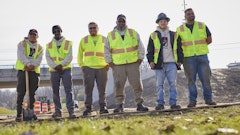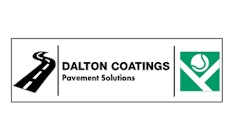ANSI approved a national guideline for best practices in power sweeping, a standard largely written by NAPSA to codify objective, minimum criteria for competence, ethics and acceptable practice. The establishment of a national standard also sets the bar for training: we can train to the standard.
The approval of a standard for minimum criteria does not, of course, preclude anyone from exceeding that minimum or contractors from training their employees to higher levels of professionalism.
Possession of the power sweeping standard does not impart certification: it’s a guideline to best practices not subject to varying degrees of arbitrary interpretation. Certification, however, does comply with meeting the standard which then confers an additional layer of protection, not to mention incentive for reduced insurance premiums.
Getting Certified
To uphold the power sweeping standard and institute training consistent with uniform expectations for best practices, NAPSA created SweeperSchool (www.SweeperSchool.com). This online portal leads to programs and courses developed through years of collaboration among NAPSA’s most experienced and respected members. Each program and certification path is designed to equip managers, power sweeping operators and office employees with the necessary knowledge of industry standards and best practices.
NAPSA currently offers three certification paths:
1. Certified Sweeper Operator - This training program covers best practices for operating a power sweeper tailored to parking lot and construction site specializations. This certification path includes sweeper basics and troubleshooting; health issues, including nutrition, sleep, and safety; pre-start procedures; safe sweeper operation; accident procedures; and paperwork and recordkeeping. The parking lot credential covers 51 lessons and the construction credential spans 68 lessons.
2. Certified Sweeping Manager - This training program focuses on owners and managers of power sweeping businesses to help their businesses rise to best practices and obtain best results. This certification path covers how to identify and avoid unfavorable contract language that transfers legal liability for incidents over which you have no control from your customers to your business; how to create well-defined and legally defensible scope-of-work agreements; and, how to train employees on documentation requirements, including site conditions that affect successful completion of service, incidents, and arrival and departure times. This credential requires successful completion of all 20 lessons.
3. Fleet Basics - This program offers general training on topics applicable to virtually every role--whether or not that role involves driving a power sweeper--within the power sweeping business, regardless of the student’s level of experience or years in the industry. This program covers 18 lessons on key fundamentals.
The online portal tracks student progress through each course and tests students upon completion of courses to ensure they understand the material. Each company can have their training manager set up to access the student tracking. Passing scores are required to count course completion toward certification. Successful completion of training confers the credentials of certification that customers can trust.
Upcoming Credentials
NAPSA will soon offer another specialization under the Certified Sweeper Operator designation: municipal. Planned for 27 lessons, this path of education will focus on the knowledge needed for local government power sweeping contracts and operation.
For more information, visit www.powersweeping.org, contact Executive Director Nancy Terry at [email protected], or call NAPSA headquarters at (888) 757-0130.
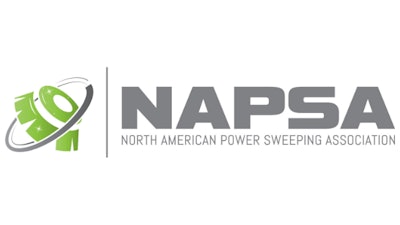





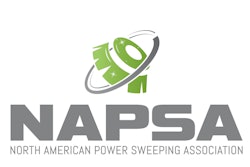
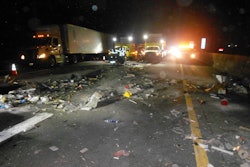




![Lee Boy Facility 2025 17 Use[16]](https://img.forconstructionpros.com/mindful/acbm/workspaces/default/uploads/2025/09/leeboy-facility-2025-17-use16.AbONDzEzbV.jpg?ar=16%3A9&auto=format%2Ccompress&fit=crop&h=135&q=70&w=240)



